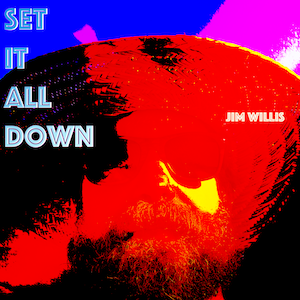Indeed, one of the primary reasons such anti-woke reactions feel so unsatisfactory is that wokeness, not always but consistently, stems from the basic recognition of large-scale problems that really do exist. Occupy Wall Street addressed the staggering rise of inequality in 21st-century American life; Black Lives Matter emerged in response to a spate of reprehensible police and vigilante killings that rightfully shocked the nation’s conscience; #MeToo articulated an ambient sexism that degraded women’s professional lives and made us consider subtler forms of exploitation and abuse. The self-dealing, overreach, and folly that each of these movements begat does not absolve the injustices they emerged to address. On the contrary, they make it that much more urgent to deal effectively with these ills.
scholar Peter Turchin has termed “elite overproduction”: Quite simply, America creates too many highly educated, highly aspirational young people, and not enough high-status, well-paid jobs for them to do. The result, al-Gharbi writes, is that “frustrated symbolic capitalists and elite aspirants [seek] to indict the system that failed them’and also the elites that *did* manage to flourish’by attempting to align themselves with the genuinely marginalized and disadvantaged.” It is one of the better and more concise descriptions of the so-called cancel culture that has defined and bedeviled the past decade of American institutional life. (As Hannah Arendt observed in *The Origins of Totalitarianism*, political purges often serve as jobs programs.)
Al-Gharbi is neither an adherent of wokeism nor an anti-woke scold. He would like to both stem the progressive excesses of the summer of 2020, a moment when white liberals “tended to perceive much more racism against minorities than most minorities, themselves, reported experiencing,” *and* see substantive social justice be achieved for everyone, irrespective of whether they hail from a historically disadvantaged identity group or not. The first step, he argues, is to dispel the notion that the Great Awokening was “some kind of unprecedented new thing.”
Symbolic capitalists aren’t a monolith, but it is no secret that their ruling ideology is the constellation of views and attitudes that have come to be known as “wokeness,” which al-Gharbi defines as beliefs about social justice that “inform how mainstream symbolic capitalists understand and pursue their interests’creating highly novel forms of competition and legitimation.”
When al-Gharbi uses the word *elite*, he is talking about the group to which he belongs: the “symbolic capitalists”’broadly speaking, the various winners of the knowledge economy who do not work with their hands and who produce and manipulate “data, rhetoric, social perceptions and relations, organizational structures and operations, art and entertainment, traditions and innovations.” These are the people who set the country’s norms through their dominance of the “symbolic economy,” which consists of media, academic, cultural, technological, legal, nonprofit, consulting, and financial institutions.

